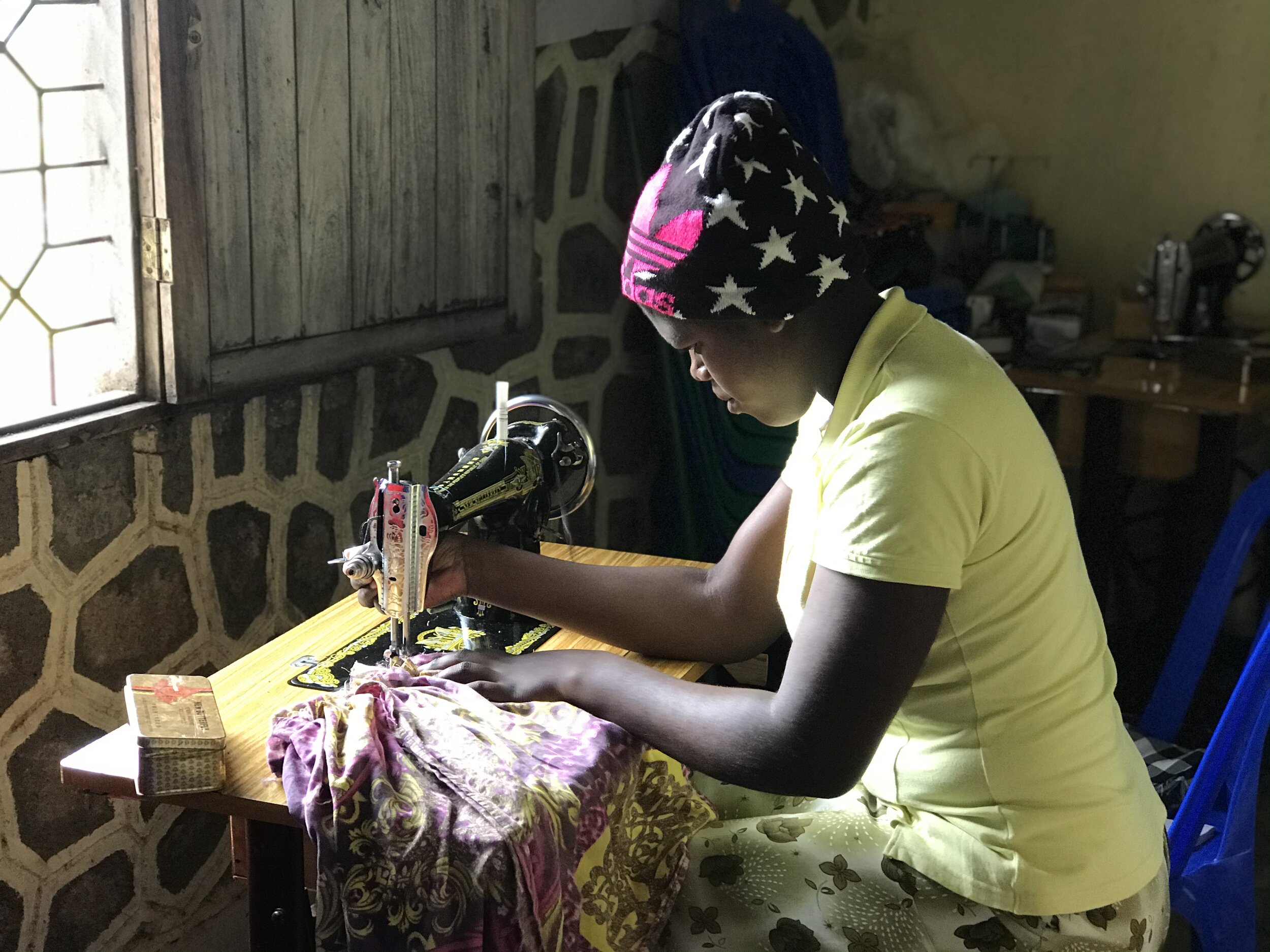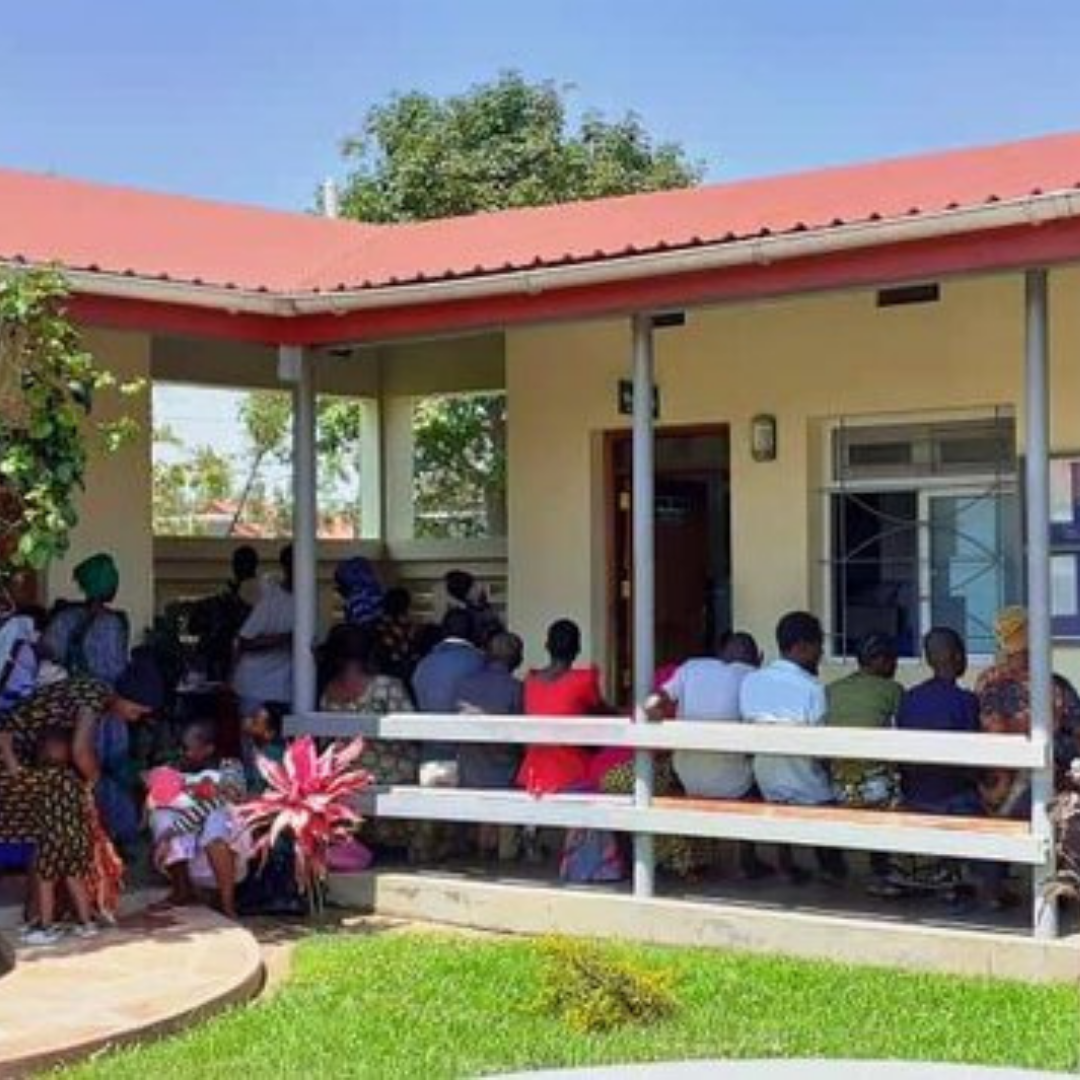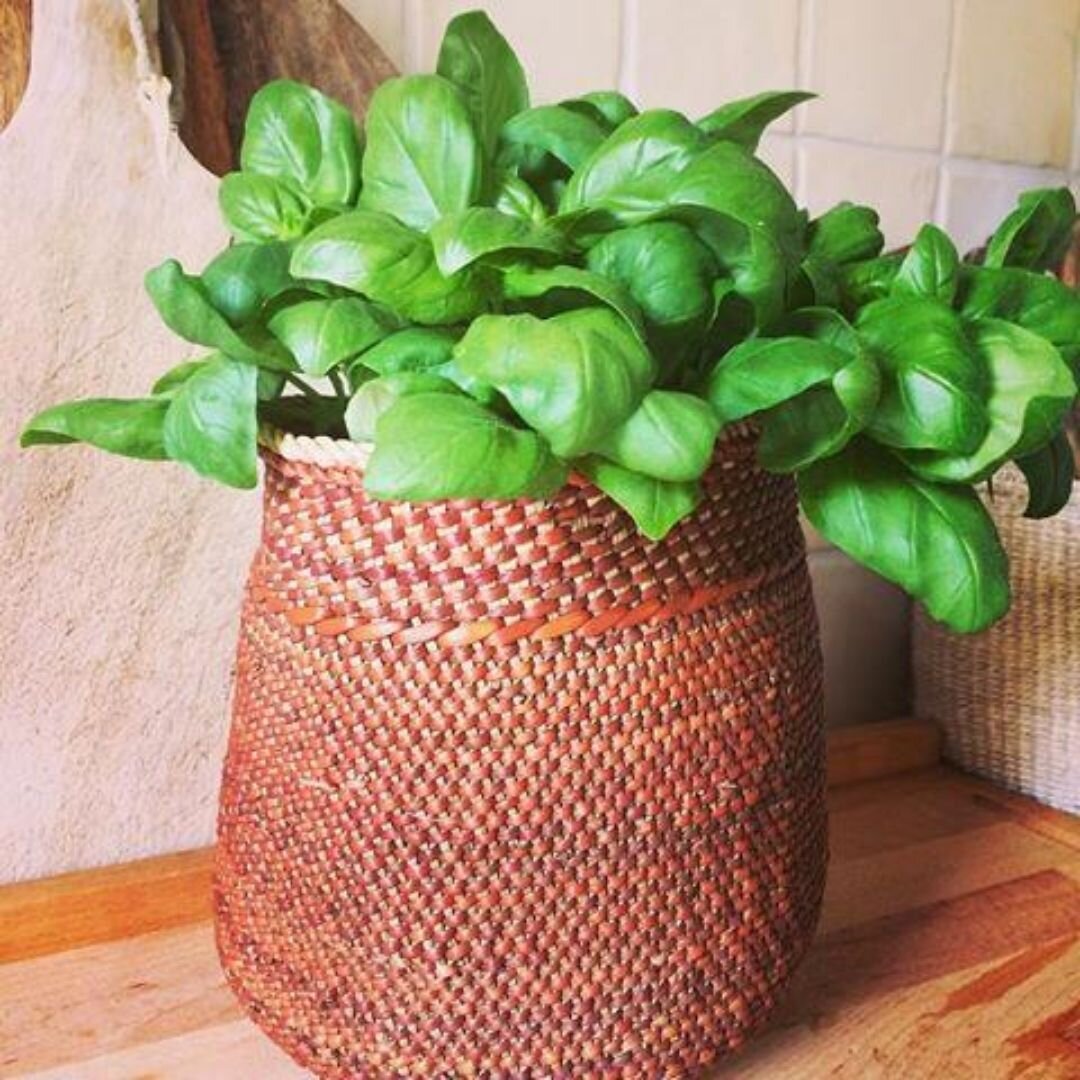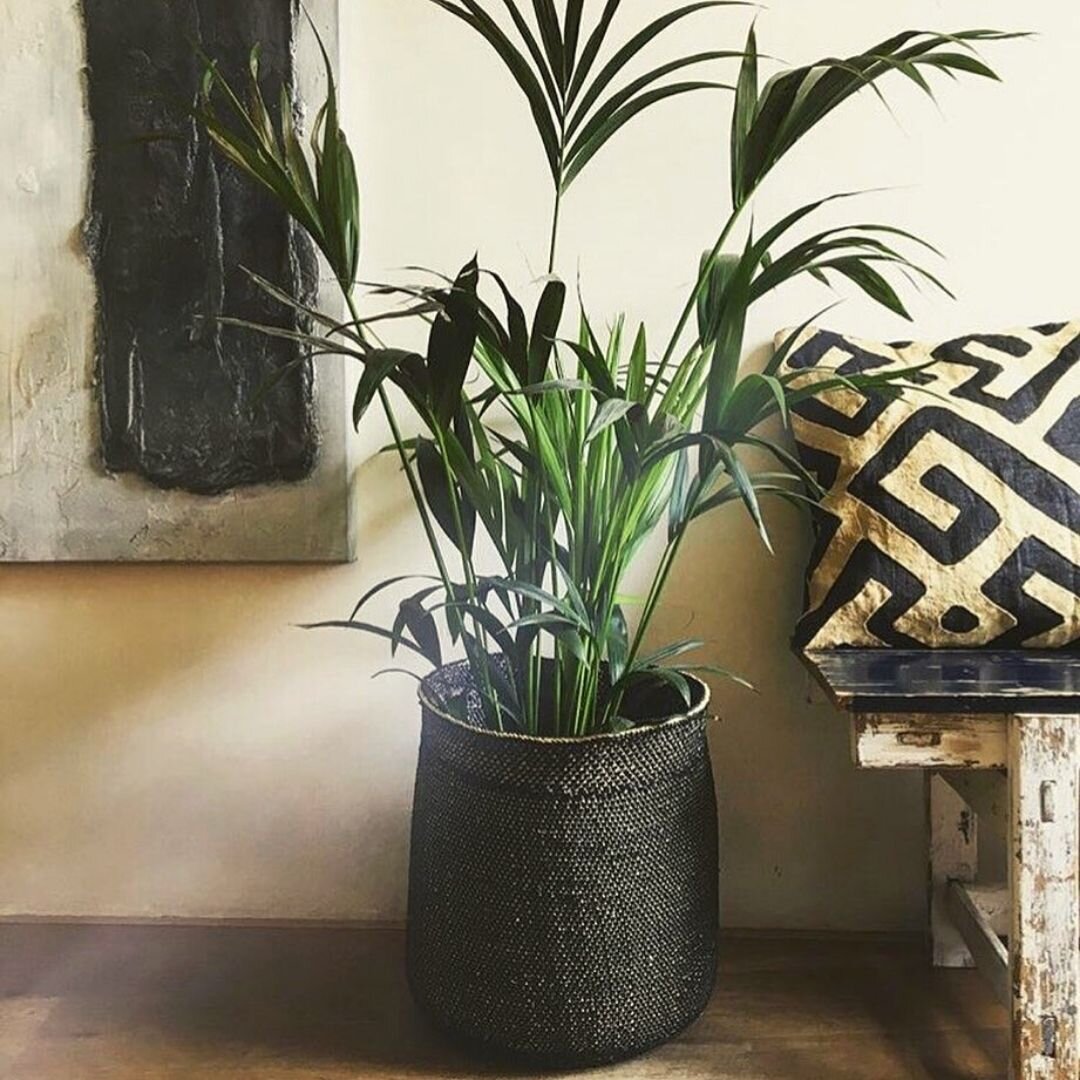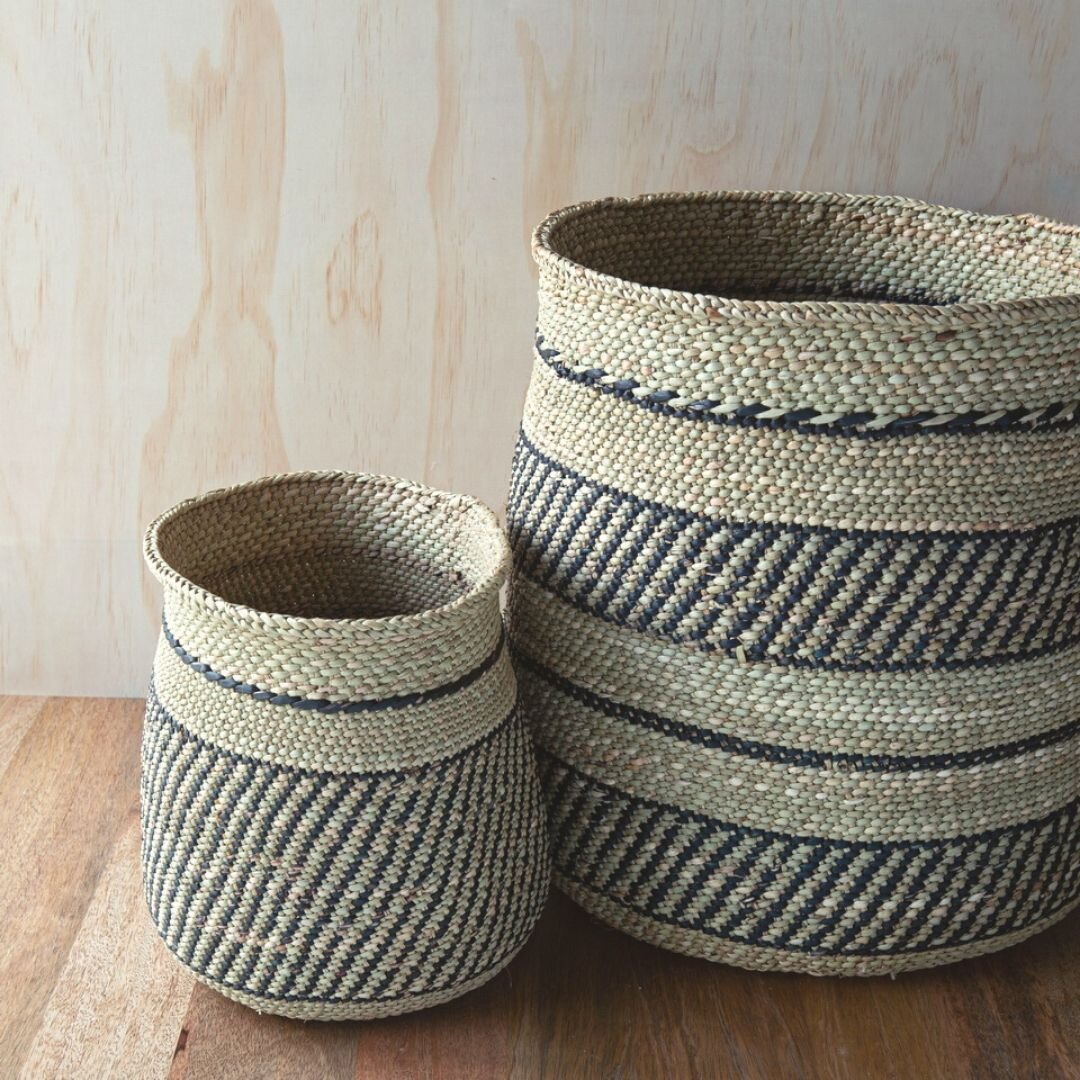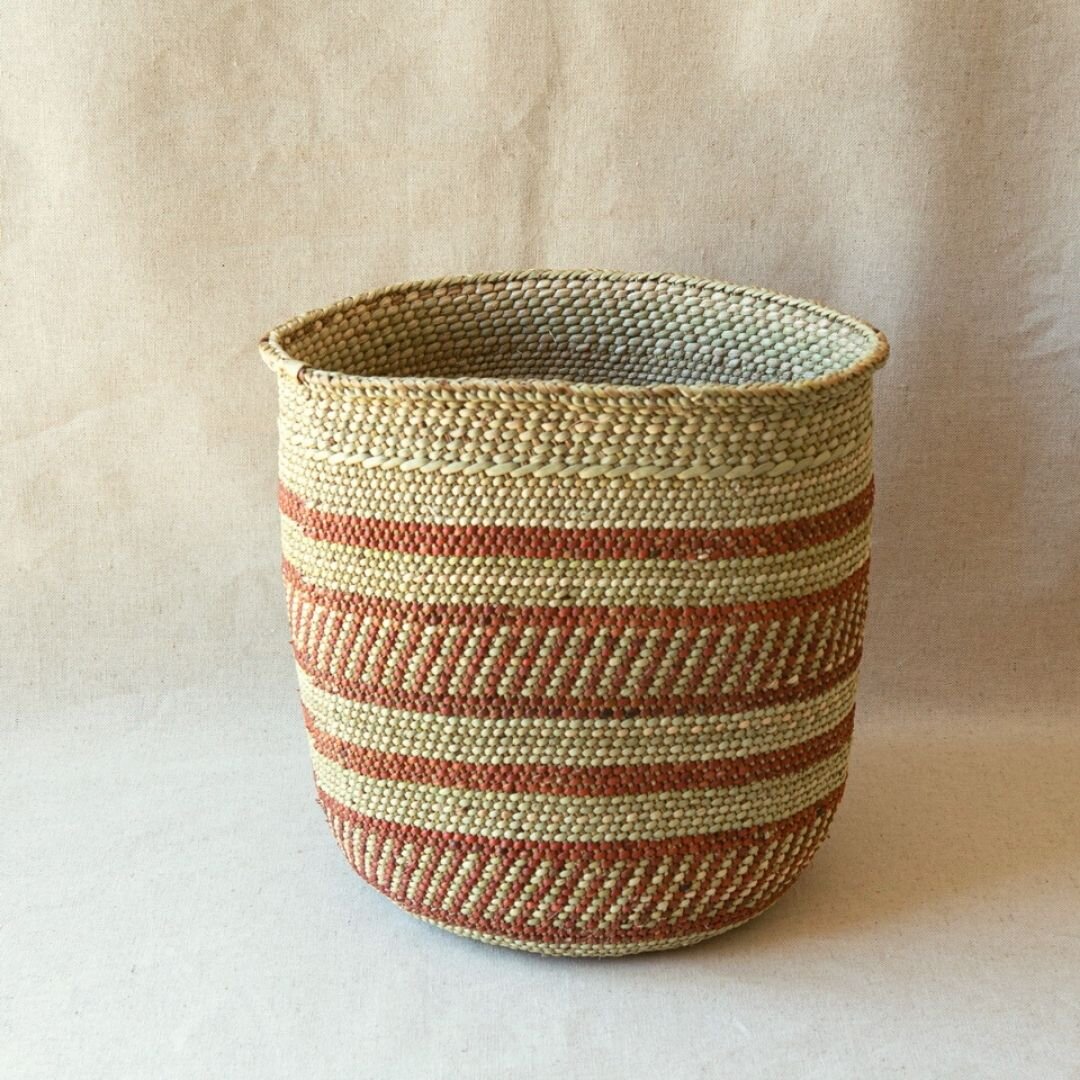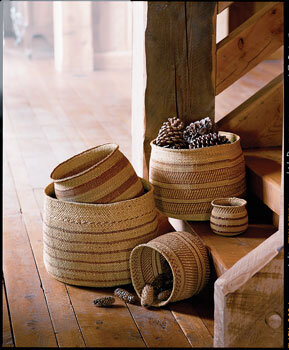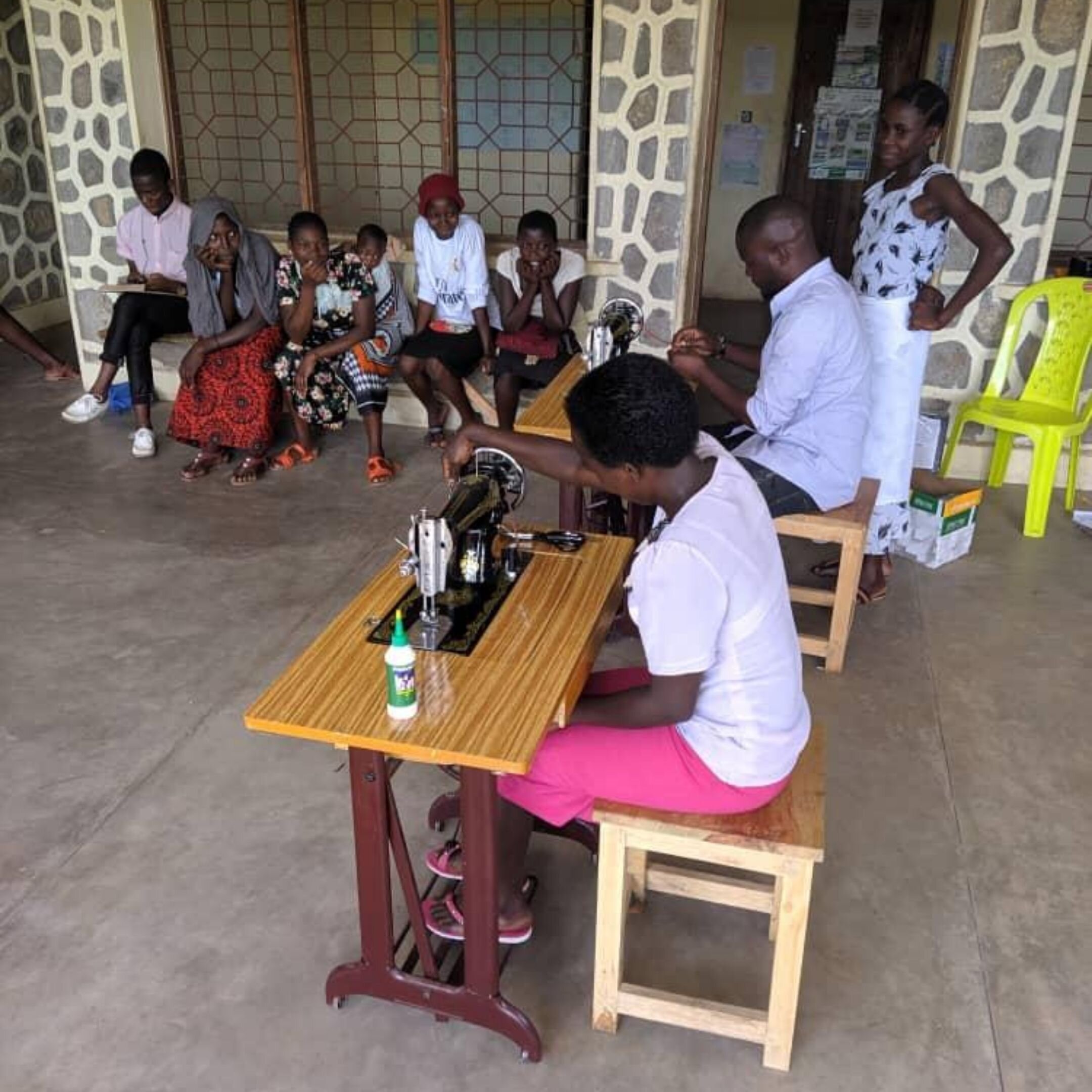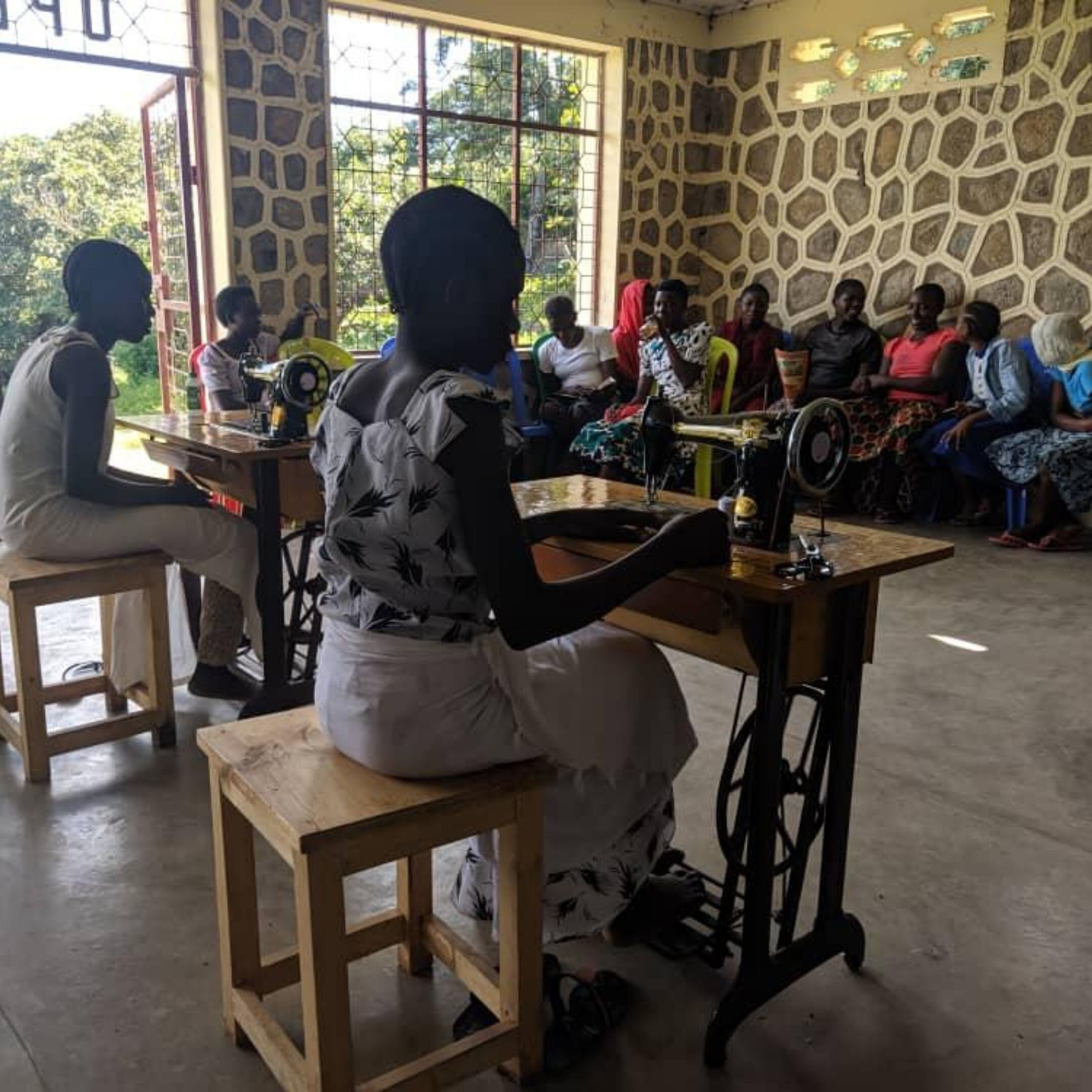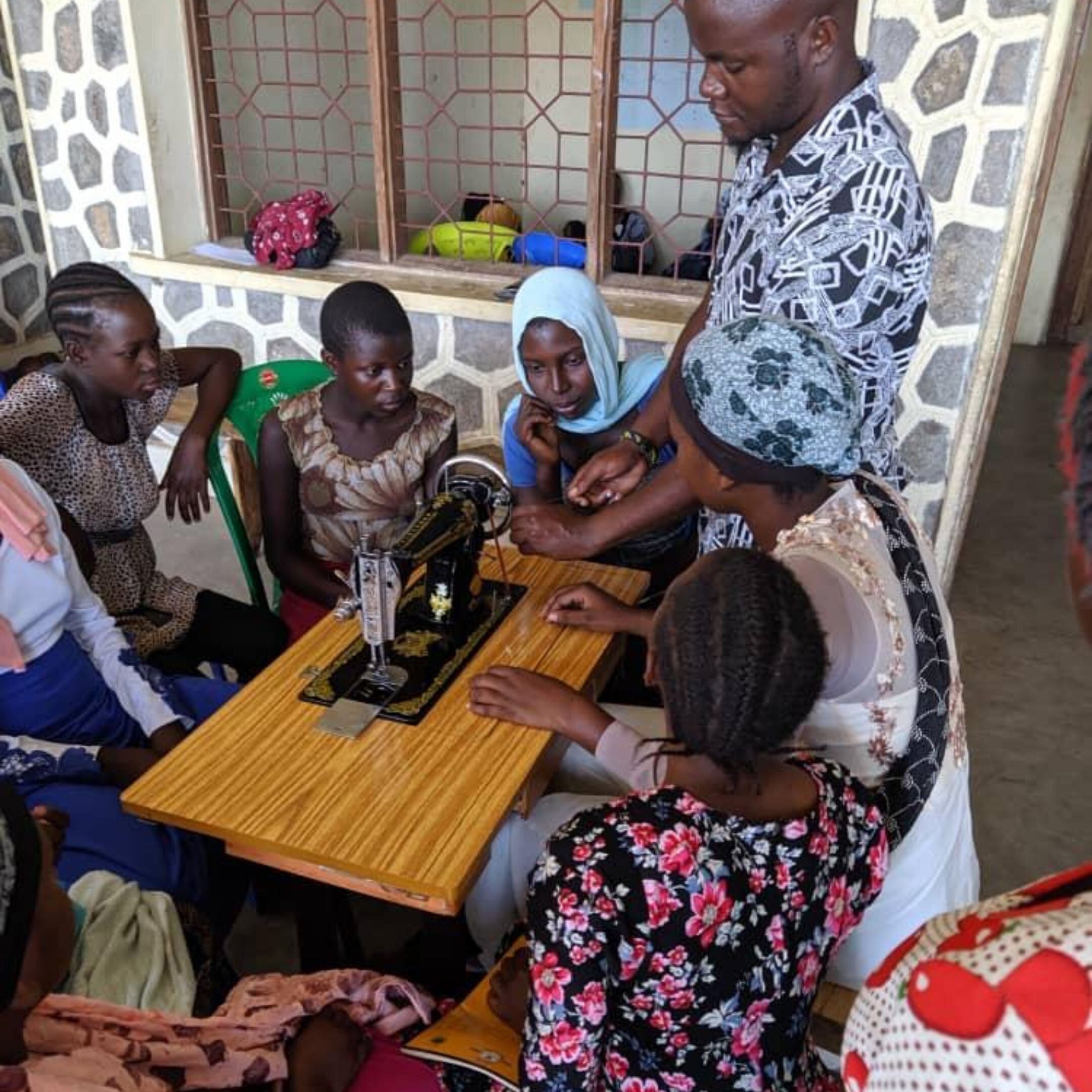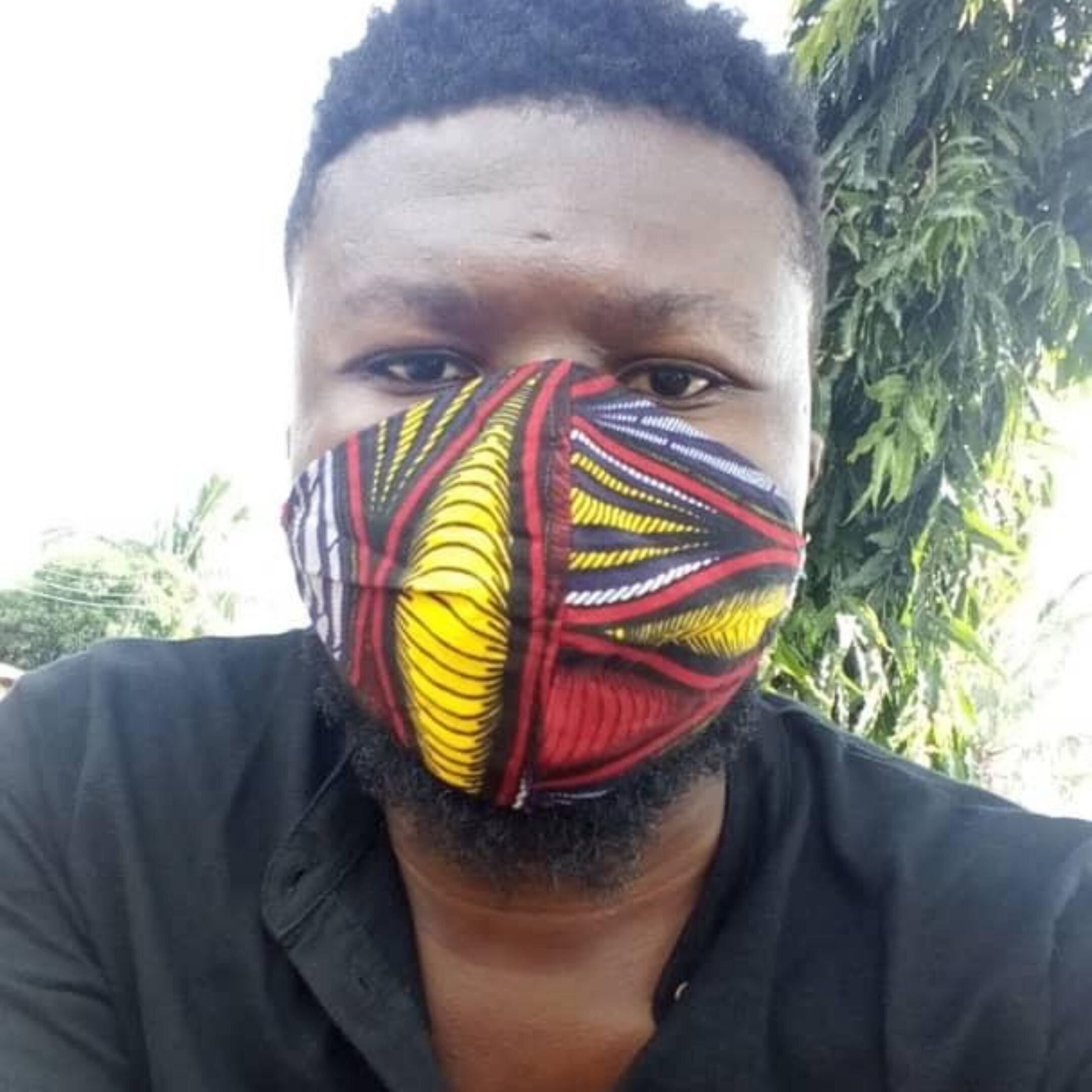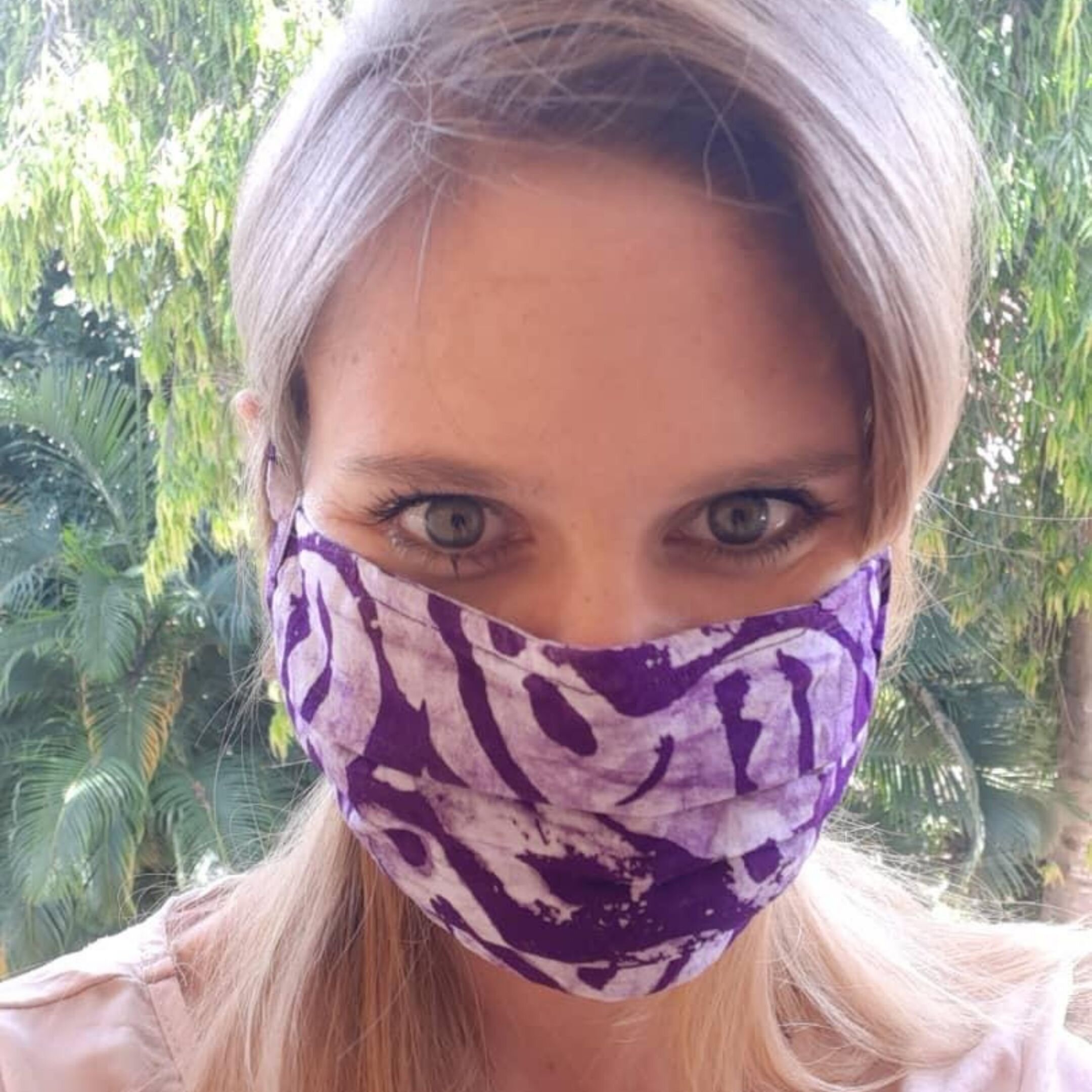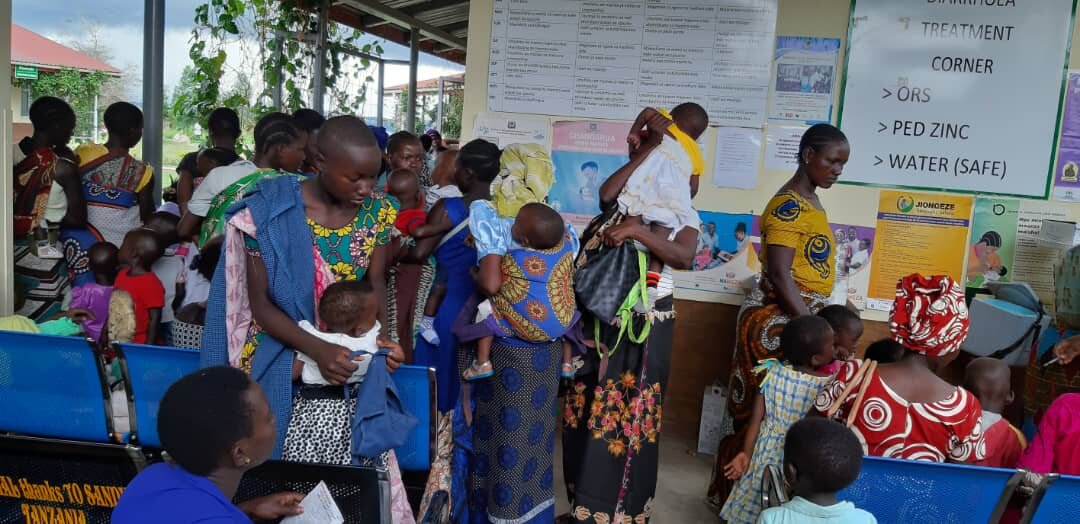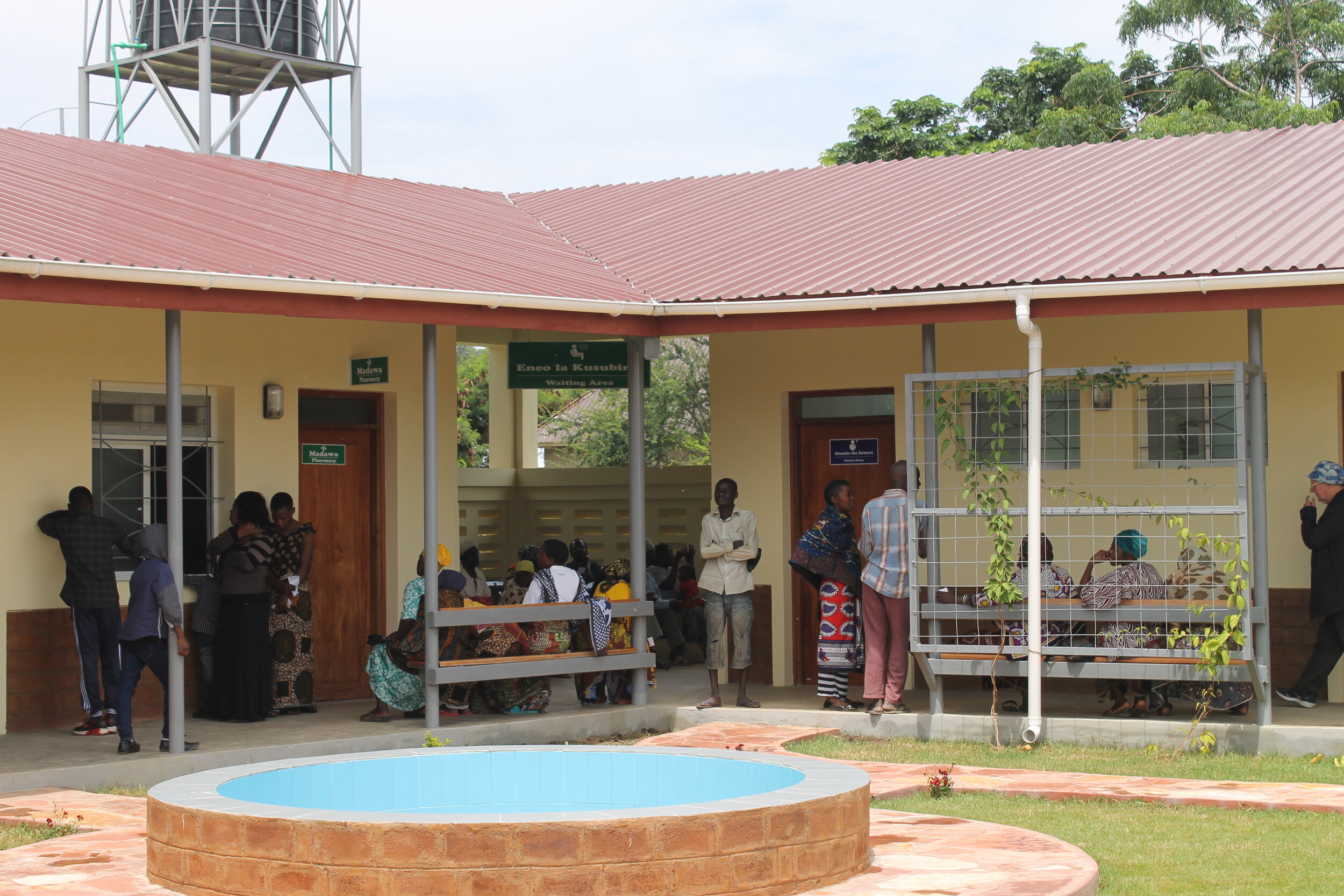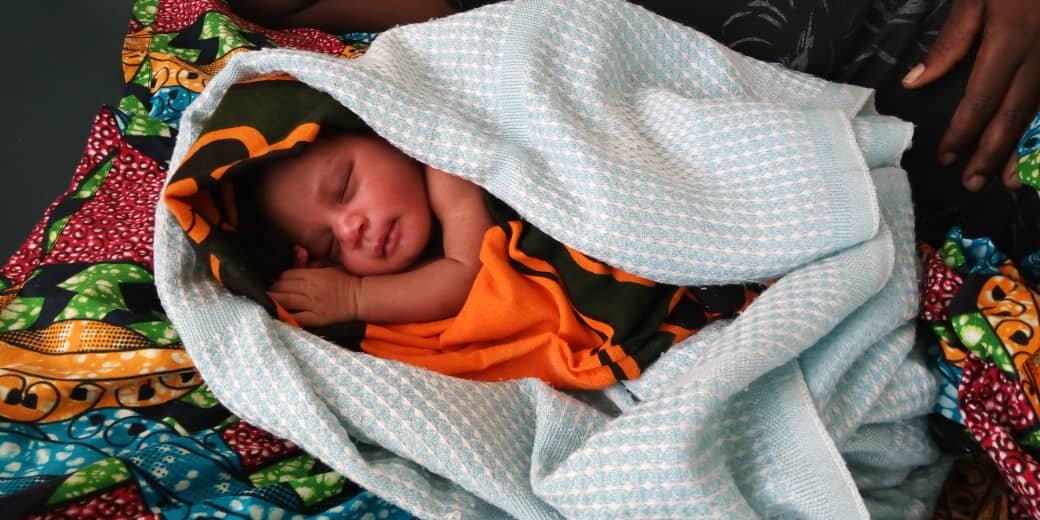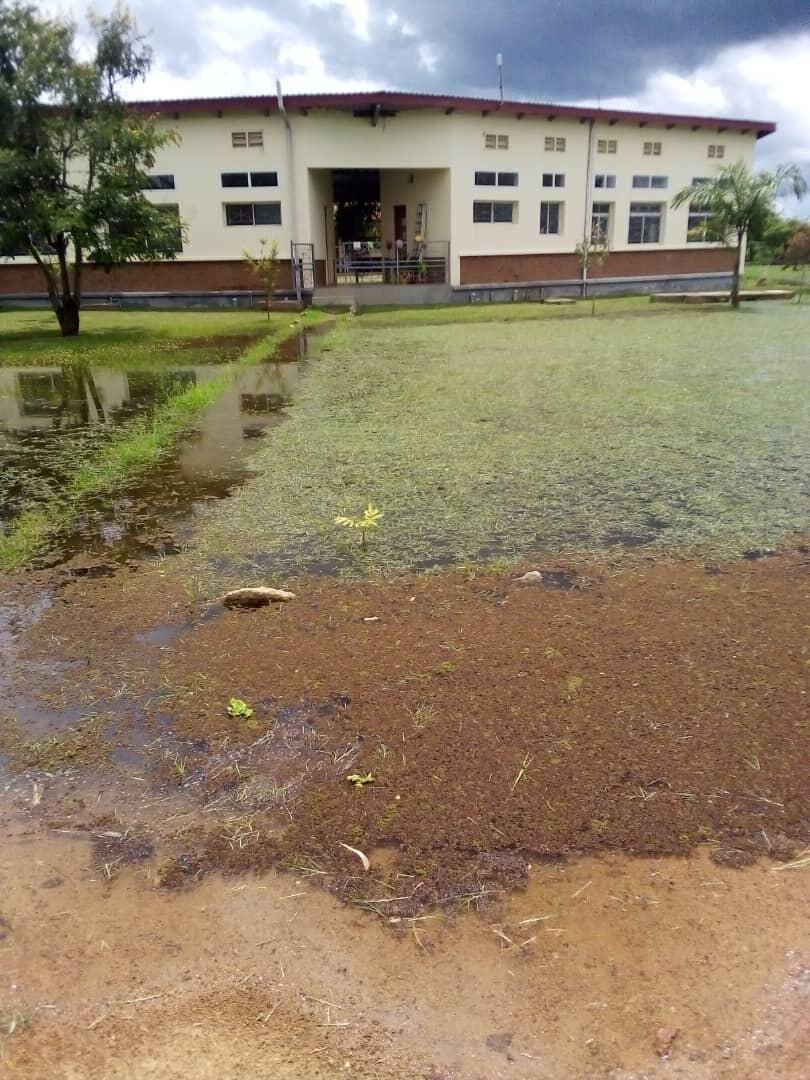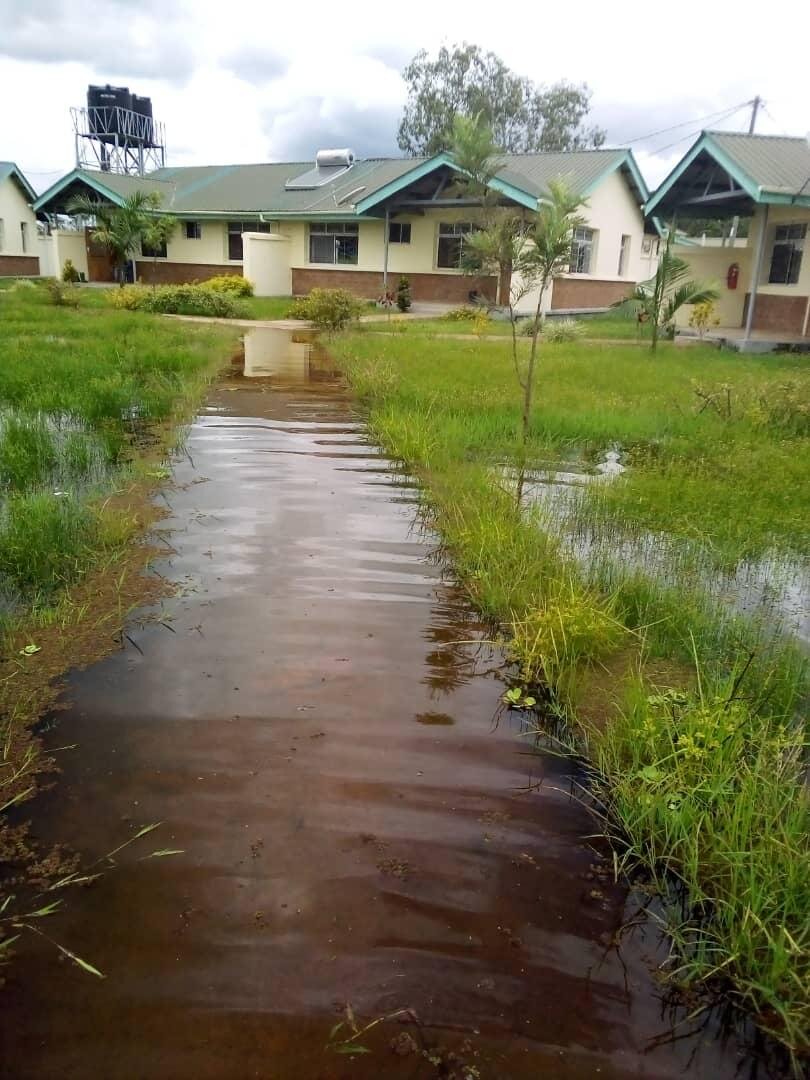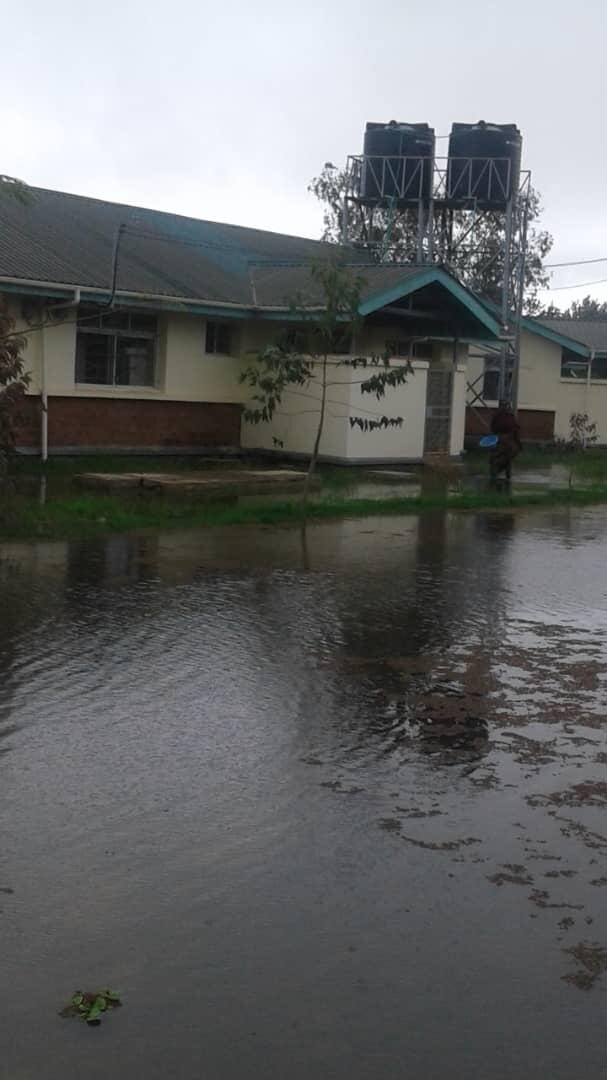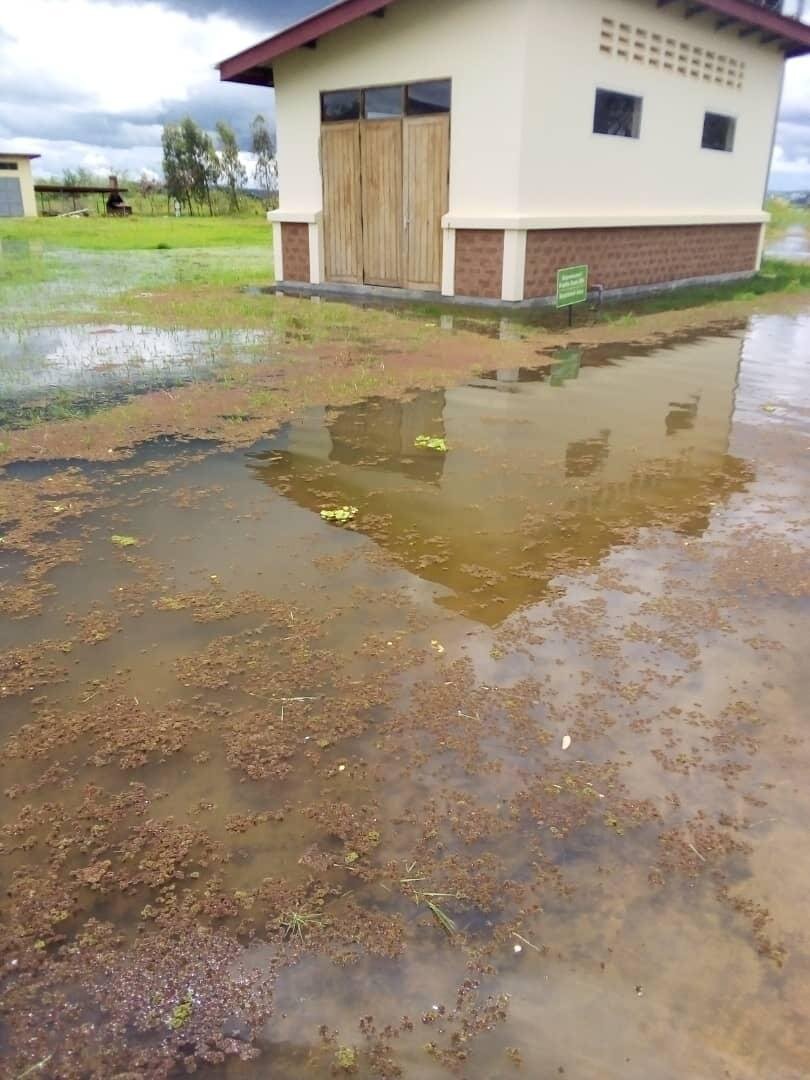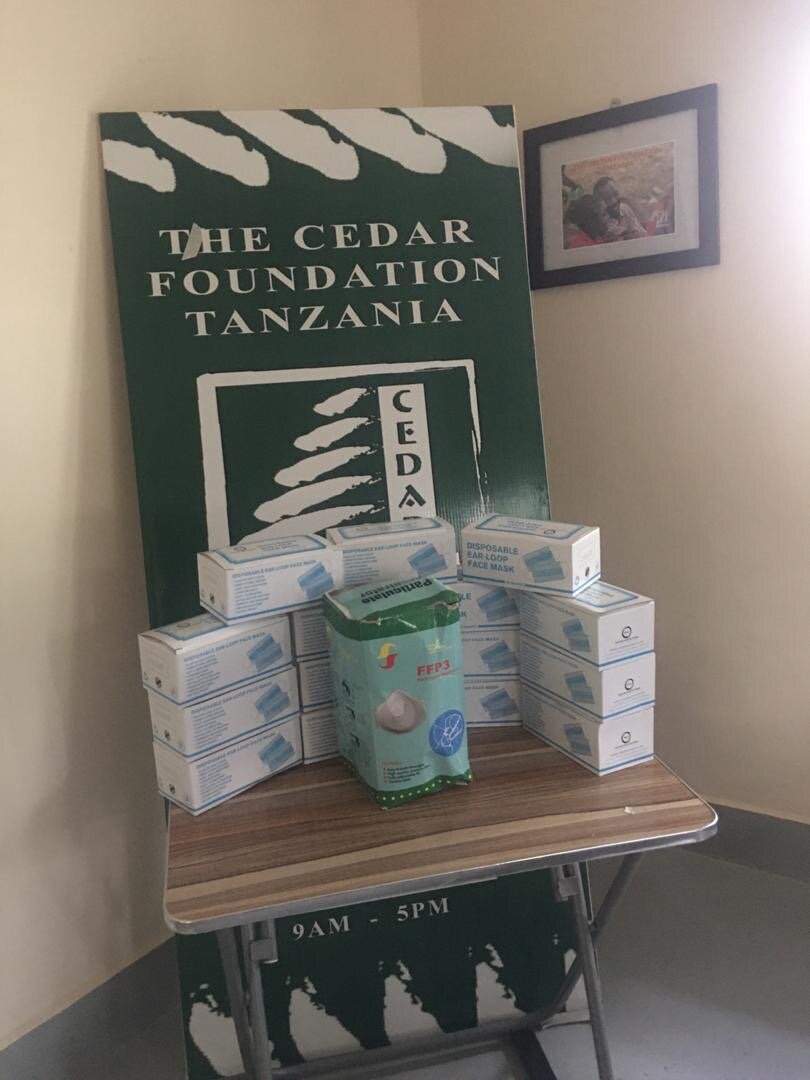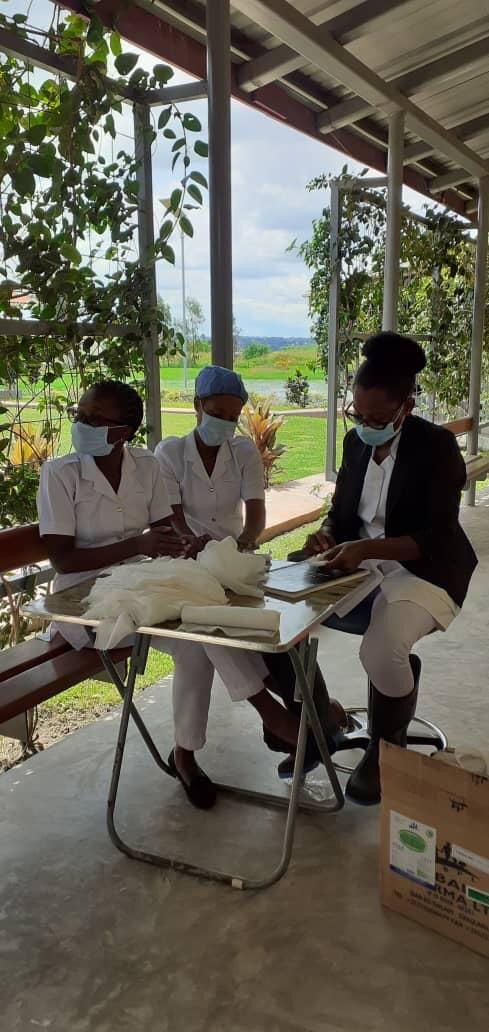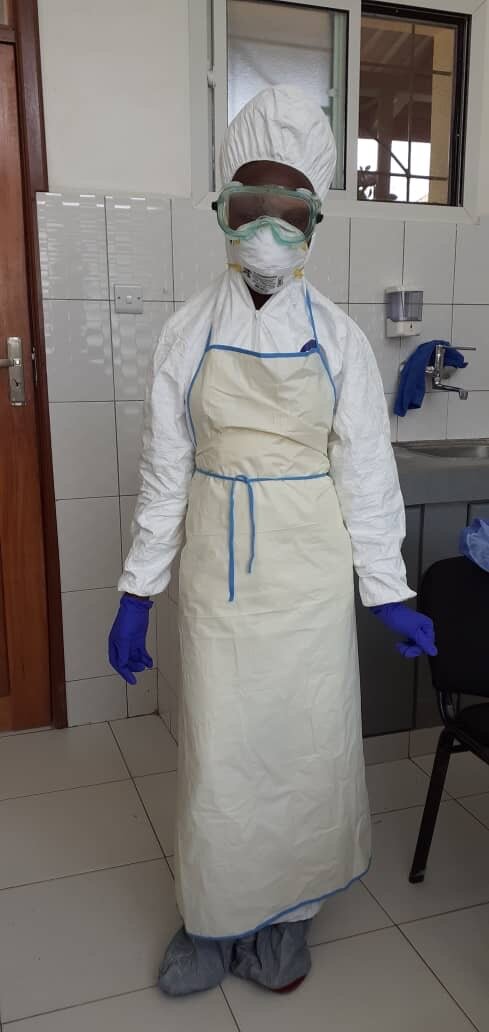Christmas is magical.
The lights. The smells. The people. The food.
It is one of my favourite times of the year. I love returning to childhood fantasies with the Elf on Shelf doing his naughty things and each family having their own specific traditions.
In the later years another feeling has entered my Christmas too: The Bigger Picture. I am not sure what else to call it. I still want Christmas to be magical time for my children, my family and my friends. But at the same time, I am very much aware of the impact this over-indulgence and over-consumerism has on our planet and its people.
Therefore, I try to be conscientious about the presents I buy, and ask myself a few questions before purchasing an item:
Will the present be appreciated for days, months, years to come?
Will it last a long time? (unless it is a box of chocolate or a bottle of wine)
Will it be used over and over again?
I know, some of the best, and most memorable presents I have received has been of the homemade kind. A jar of homemade chilli-mango sauce. Carefully spiced bath salt. A selection of seeds to grow my own herbs.
Of course, some presents and decorations are bought. But when we buy, why not buy something that really matters?
All our stock at ARTEFACTZ is handmade by artisans in Tanzania. The textiles are woven on large handlooms and hand dyed with natural colours. The baskets are handwoven by a large collaboration of women, although the straws used are traditionally cut by the men. Our bibs a cross stitched with safari motives by young HIV positive single mums to create a living for themselves and their children. Every single item has its story.
By purchasing one (or more!!!) of any ARTEFACTZ item, you are directly supporting the maker. You are directly making sure their children gets fed and gets to go to school.
On top of this, as we are a not-for-profit, all surplus is funding the healthcare services we currently are providing to 35,000 people.
And it gets even better (it’s Christmas after all)! Through our partnership with Action on Poverty we receive an additional 5% on every $$ we raise.
Head over and make this Christmas one to remember.







